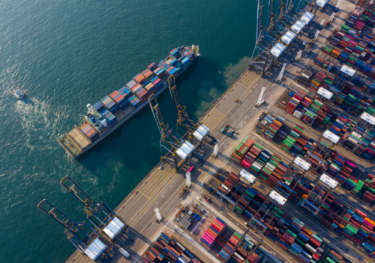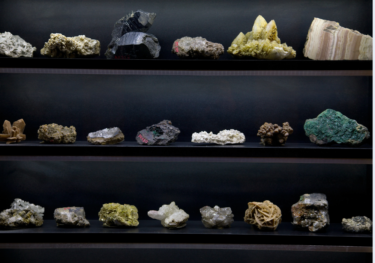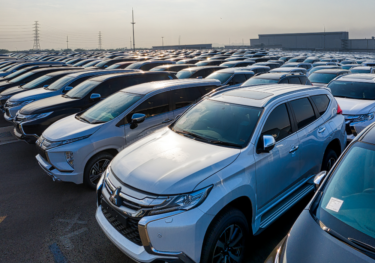The Deglobalisation Myth: How Asia’s supply chains are changing

Global supply chains have continued to expand, despite talk of deglobalisation and nearshoring. Analysing bilateral flows of trade in intermediate goods (IG), we find that global IG exports have grown by 6% a year between 2018 and 2022. Outside of some specific cases such as US-Mexico, regional-shoring is not yet present at the global level.
Asia’s supply chains are changing rapidly. We also find evidence of China’s decoupling – but only with US and Japan. In contrast, China has actually became more important for international supply chain in major Group of 7 economies. Outside the top 3 regional players (China, Japan and Korea), several Asian countries are emerging as “hotspots” of supply-chain trade growth. In particular, Vietnam and Indonesia registered double-digit growth in annual intermediate goods exports during this period.
There are more than one winning formula in this regional reconfiguration process. Economic offering matters and we found three archetypes of hotspot countries.
Also, economies don’t have to choose in this China-US decoupling. In fact, Vietnam and Taiwan became a lot more important for supply chains of both the US and China during this period.
The experts behind the research
Our Macro Consulting team are world leaders in quantitative economic analysis, working with clients around the globe and across sectors to build models, forecast markets and evaluate interventions using state-of-the art techniques. Lead consultant on this project was:

Thang Nguyen-Quoc
Lead Economist, Macro Consulting
Tags:
Recent reports on supply chains

Effects of higher US tariffs and responses from ASEAN
The 'Liberation Day' tariffs announced by US President Trump have been postponed. But they will have significant consequences for ASEAN if they are eventually implemented. We doubt ASEAN supply chains can adjust quickly.
Find Out More
The Green Leap: The politics of critical minerals
This Research Briefing is about some of the political issues flowing from the abundance in Africa of minerals critical to the green energy transition. In some places competition is violent, while in others, international cooperation is unlocking investment.
Find Out More
25% auto tariffs especially painful in Japan and South Korea
US tariffs of 25% on all automobile and auto parts will weigh heavily on the Japanese and South Korean automotive sectors. A GTAP analysis suggests Japanese and South Korean automotive production will each shrink by approximately 7%. The impact is larger than suggested by bilateral trade data, because vehicles assembled in other countries before being shipped to the US will also be affected, dampening domestic auto parts production.
Find Out More
The Economic Impact of SHEIN in the United States
Consulting Report The Deglobalisation Myth: How Asia’s supply chains are changing You might be interested in
Find Out More